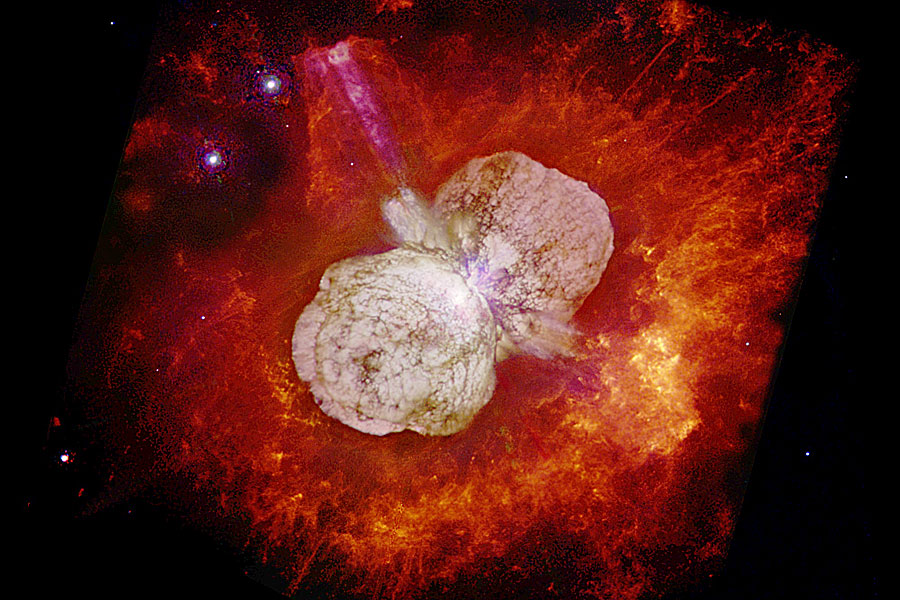Crazymoogle
Member
fallout said::lol Oh yeah. Funny how the mind doesn't link up facts, sometimes.
Oh, those clever Russians.
Well, it sounds like it should be simple. But on earth, that's basically a good way to die. (You'd want to airbrake first and then parachute. But on Venus, you actually want to minimize time in the air, as some probes actually ran out of battery life and failed due to conditions before even hitting the ground.) :lol
The second landing probe had a bit of bad luck though. Instead of taking a soil sample, luck conspired such that it ended up taking a camera lens cap. -_-






